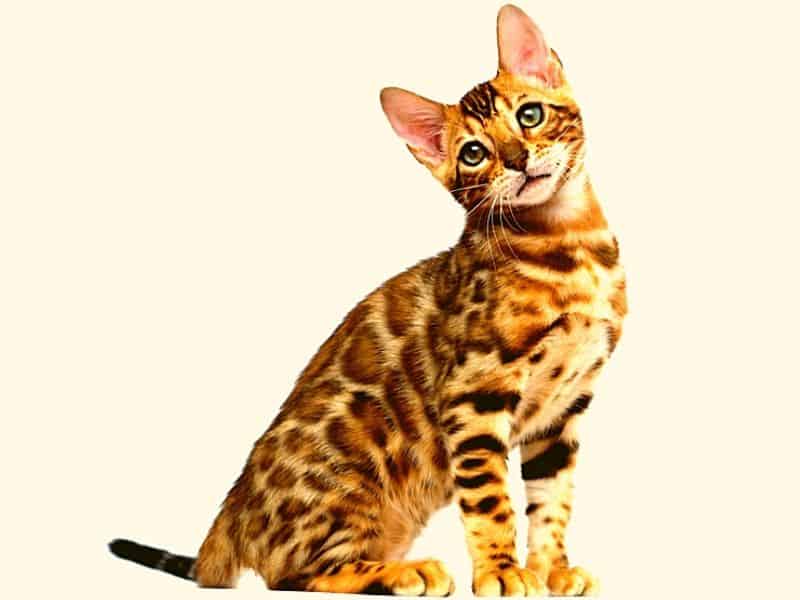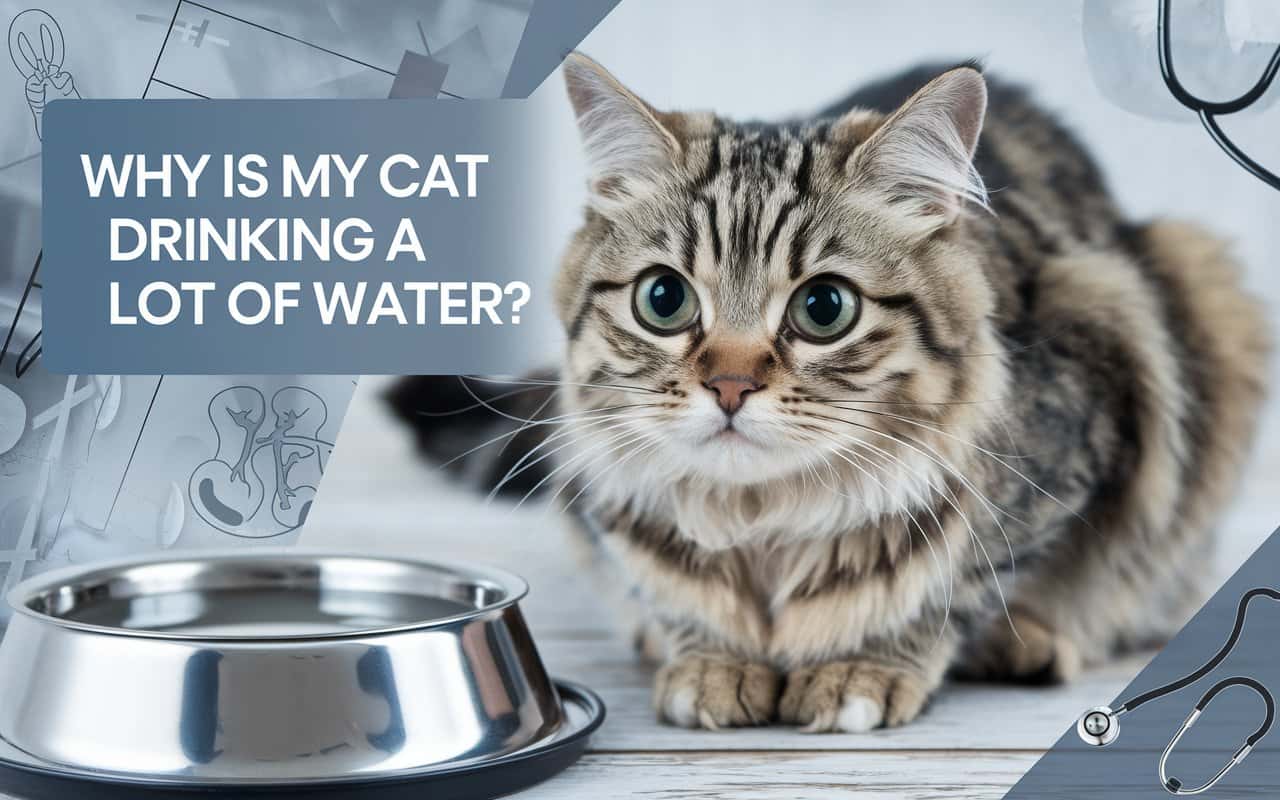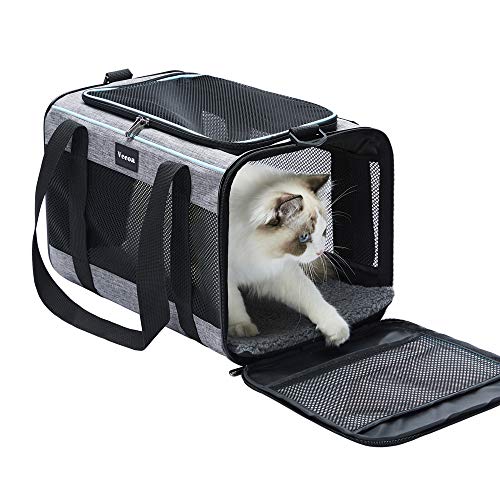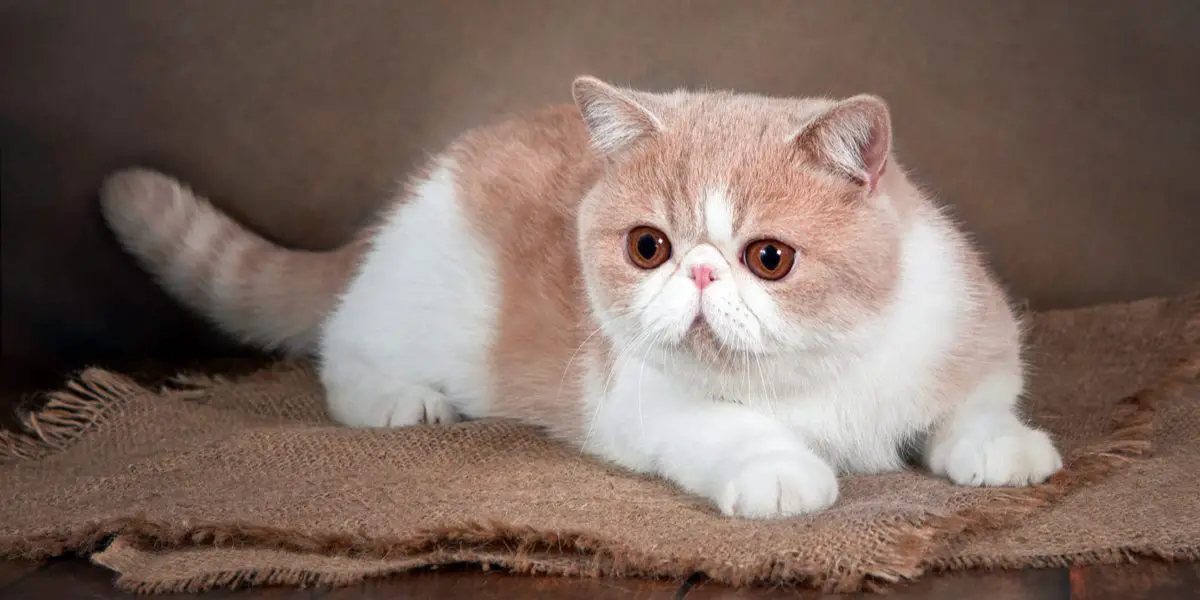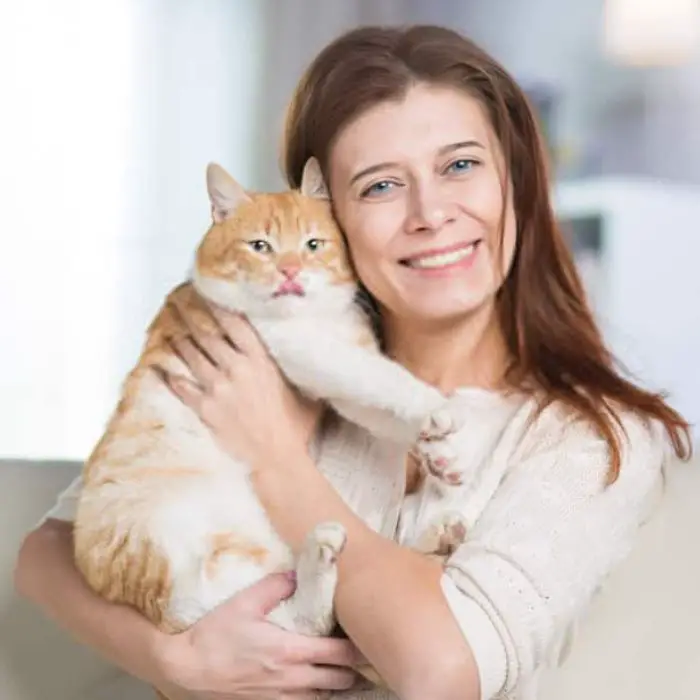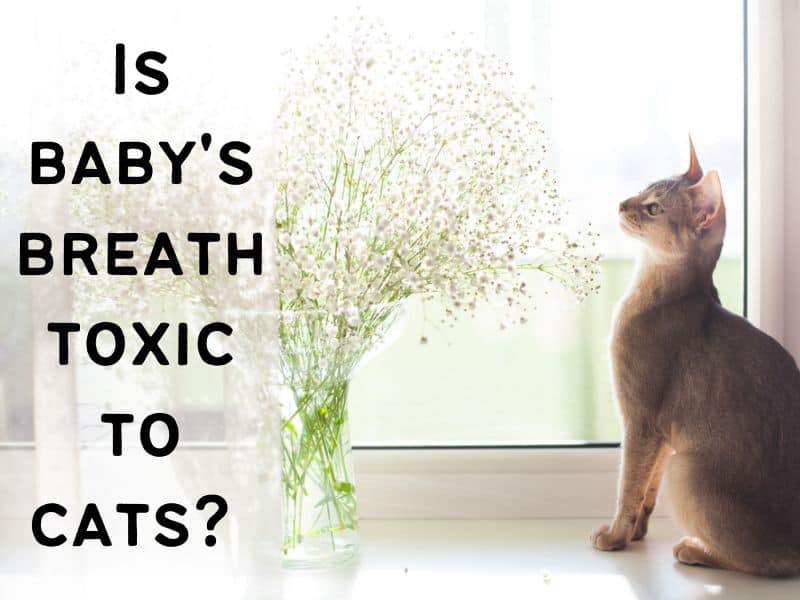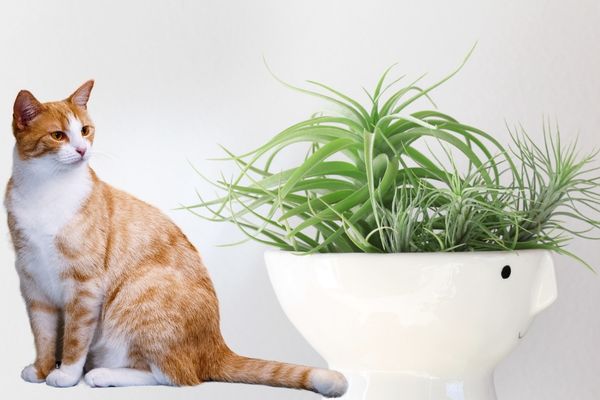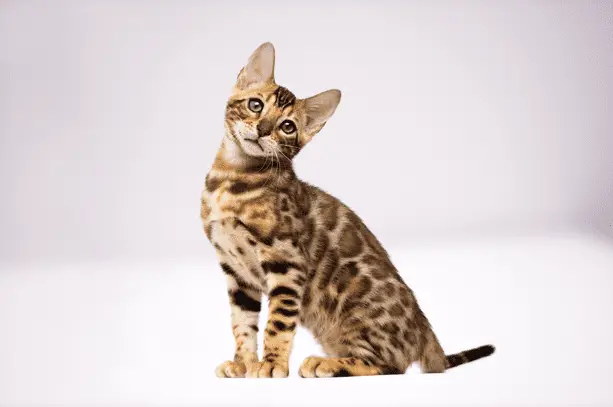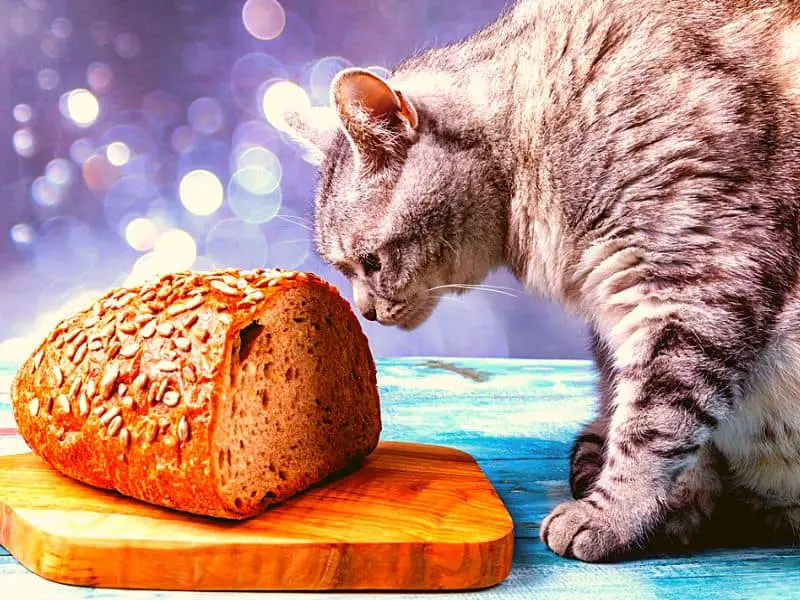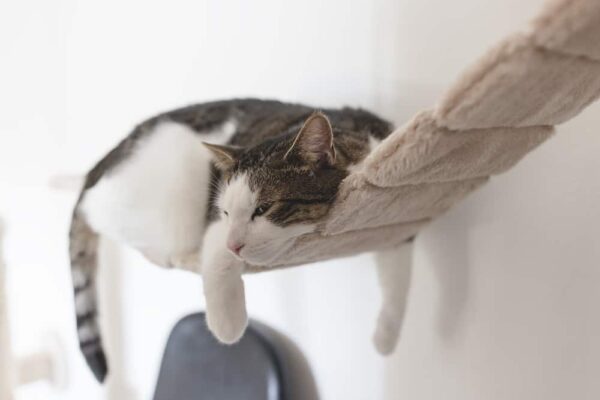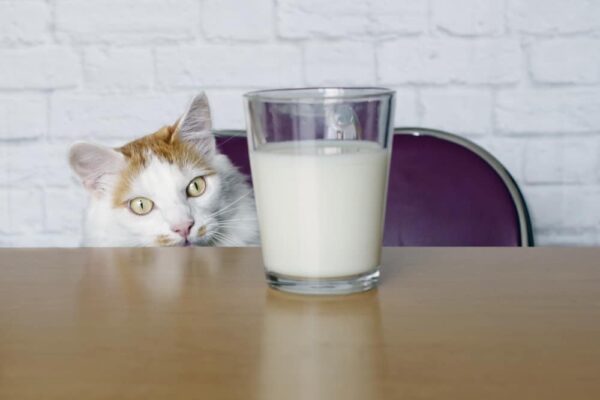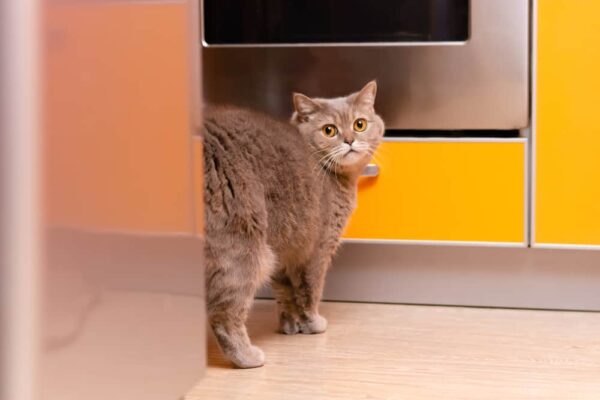Bengal was one of the most recognized hybrid cat breeds in the early 1900s. This breed is well-known for its exotic appearance and slender build. This breed comes from the cross between Asian leopards and domestic felines.
Table of Contents
ToggleHistory and Origins
- Country of Origin: United States
- Similar breeds: Spotted Egyptian Mau
Bengal is one of the newest cat breeds developed in 1990 in the United States. Professional breeder made a cross between a wild leopard and several domestic cats’ cat-like spotted Egyptian Mau. Mainly the breeders wanted to stop adopting wild cats as a pet. So, he makes these wild-like but sweet-natured cat breeds. The GCCF stop to register the Bengal cat F1 generation Bengals on June 1, 2002 and stopped the F3 generation from June 1, 2008
Temperament:
Social, trainable and athletic
Size:
Medium to large
Weight:
The adult female Bengal cat weighs 6-12 pounds, and the adult male Bengal weighs 9-15 pounds.
Colors:
Bengal cat breeds can exist with Charcoal Spotted, coon colors, Brown Tabby, Silver Tabby, Seal Lynx Point, Seal Mink Tabby, Spotted, Marble, Seal Sepia Tabby, or Charcoal Marble pattern.
Average lifespan:
12 to 20 years
Bengal cat price:
The recent average price of a Bengal kitten is about $1,500 – $3,000 (USD) when purchased from a professional breeder. But this price decreases when you adopt it from an organization.
Traits of Bengal
- Bengal has a highly contrasted coat and distinctive spotted
- They are intelligent, confident, loyal, and associative
- Bengal is affectionate, playful, and curious about the owner’s lifestyle
Care and maintenance of Bengal cat
Grooming:
Long Haired Bengal cats need regular grooming because they tend to shed much more than shorthair Bengal cats. Since shorthair Bengal coats are short, they shed less, so you can brush their coat once or twice a week. Apart from that, they regularly need nail trimming, ear cleaning, and tooth brushing.
Nutrition:
Bengals need high protein and nutrients for their health. Frozen raw meats and fish are helpful diets for Bengal cats because they love to consume raw food. However, they don’t provide many amounts of raw food, so that they may get sick. In addition to nutritious food, it is important to provide clean water to cats.
Health:
Bengal breeds can be affected by Hypertrophic Cardiomyopathy (most coon disease of all cat breeds). Besides, this breed can get sick from Progressive Retinal Atrophy and PK deficiency. Moreover, Bengal is prone to sickness from Bowel Disease.
Here's a related post that you might find useful. Breeds of Flat Faced Cats: The Ultimate Guide to Adorable Companions
FAQs:
- What two cats make a Bengal?
Bengal is a hybrid cat. It comes from the cross between a domestic cat and an Asian leopard cat. Leopard was a small wild cat in Southeast Asia. This leopard cat is also known as a Felis bengalensis. The Bengal cat breed got its name from the Bengal Felis.
- What is so special about a Bengal cat?
Bengal is a sweet-natured cat breed. They are especially known for athlete body, curious and conscious habits. It is loving, loyal and friendly with family members, kids and other pets.
- What states are Bengal cat’s illegal in?
A Bengal cat is known as a wild cat breed. Besides, this breed comes from the genetic mutation of a domestic and pure wild cat. For this reason, this breed is prohibited in New York City and the state of Hawaii.

